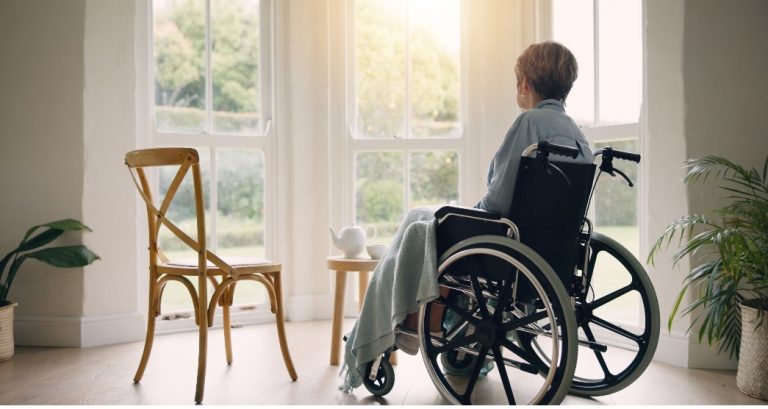A brain injury is a devastating diagnosis and can sometimes be difficult to manage. According to the Brain Injury Association of America, there are two types of acquired brain injury (a brain injury that is not hereditary, congenital, degenerative, or induced by birth trauma): traumatic brain injury causes and non-traumatic brain injury causes.
A traumatic brain injury would be caused by a fall, assault, a motor vehicle accident, a sports injury, gunshot wound, a blast injury in the military, or domestic violence. A non-traumatic brain injury would be caused by things like a stroke, infectious disease, seizure, electric shock, tumors, or metabolic disorders.
After the brain injury, your brain tissue will react to the trauma with both biochemical and physiological responses, which may result in temporary loss of consciousness, coma, respiratory problems, and/or damaged motor functions. Many brain injury patients will also experience post-traumatic amnesia and will feel confusion and disorientation.
Is there any hope for patients who have a brain injury? If so, what are the recovery rates? What are the treatment options for a person who has incurred a brain injury? Let’s go over what you need to know about brain injuries and the road to recovery.
BRAIN INJURY RECOVERY
Unfortunately, it is difficult to predict the degree of a traumatic brain injury recovery and often it can take months or even years after the initial injury to see improvements. However, there are a few indicators that can help doctors with a prognosis like the following:
- The shorter the coma is, the better the prognosis will be.
- The shorter the post-traumatic amnesia is, the better the prognosis will be.
- Patients who are under the age of 60 or over the age of 2 have the best chances of recovery.
WHAT ARE THE TREATMENT OPTIONS?
Although there is no “cure-all” for a traumatic brain injury, there are preventative measures that doctors can do in the ICU to prevent any secondary injury to the brain. Doctors will monitor the swelling of the brain, the temperature of the brain, and brain tissue oxygenation.
After the initial hospital stay, rehabilitation will be recommended to most patients who have suffered a traumatic brain injury. A physical therapist will work with the patient to help them re-learn how to balance, improve their quality of movement as well as their coordination of movement. And an occupational therapist will help someone with a traumatic brain injury re-learn how to cook, grocery shop, bank, budget, and assess their vocational skills.
Have you or a loved one experienced a traumatic brain injury due to an accident in Georgia that was caused by someone else’s negligence? You may have a right to compensation for medical bills, lost wages, or pain and suffering. Call the Fry Law team at (404) 948-3571 to receive more information about what your rights are and whether pursuing a lawsuit makes sense for your case.



